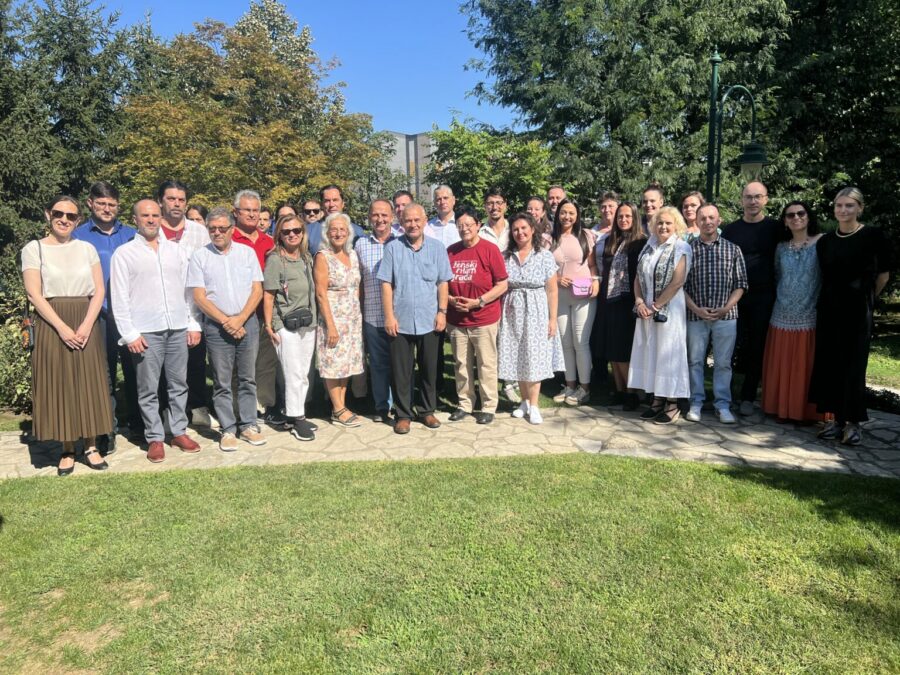Religiosity is a complex spiritual and socio-psychological phenomenon structured by the multidimensionality of cognitive, emotional, and conative aspects. The international sociological-religiological meeting named Religious Education and Religiosity of Young People organized by the Institute of Social Sciences from Belgrade and the Center for Empirical Research from Novi Sad, took place at Srebrno Jezero, Serbia, on 8-9 September 2023, and presented a chance for researchers from Serbia, the region and several European countries to discuss the religious education of young people and their religiosity.
Youth religiosity should be observed within the context of religious changes of the past 30 years and explained in the framework of two major global theories of the contemporary religious situation in the world, that is, the theory of secularization and the theory of desecularization. For Serbia, the latter is more interesting, as it provides an explanation for the religious tendencies in both general and youth populations towards desecularization, with a certain stabilization in the last 10 years. This theory enables us to observe the researched phenomenon with an evolutionary approach that suggests the possibility of reversibility of religious situations, unlike the secularization theory which is more inclined to focus on the irreversibility of secularization tendencies and the loss of social significance of religion and religious organizations.
As for the religious education of young people, it has been examined in the context of the socio-spiritual situation of each country independently. Researchers have separately presented the history and experiences of religious education in their respective countries. The significance of the pedagogical experience of teachers and their capability to authentically convey the essence of the confessional dogmatic core of religion was especially emphasized. There were also participants who argued that confessional religious studies are incompatible with the secular character of the state and that students should be acquainted with the religious traditions in a non-confessional manner within humanistic and social disciplines.
Apart from participants from domestic scientific research organizations, primarily from the Institute of Social Sciences in Belgrade, this gathering also included researchers from Montenegro, North Macedonia, Bulgaria, Turkey, Malta, Ukraine, and Russia.






